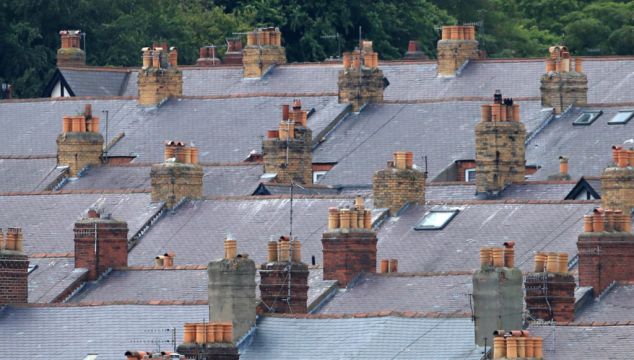Growing up in poor housing conditions can affect children’s health and social wellbeing, a new report has found.
The Economic and Social Research Institute (Esri) published the research in partnership with the Department of Children, Equality, Disability, Inclusion and Youth, showing that the large majority of children in Ireland are living in adequate housing.
However, using data on children born in 2007-2008 from the Growing Up in Ireland (GUI) study, the findings showed that children living in inadequate housing, such as damp conditions, with a lack of heating and limited space, and in more disorderly areas have worse health and developmental outcomes at nine years old than their peers.
The report found the longer children are exposed to inadequate housing from birth to nine-years-old, the more harm they experience.
The report said at nine, 75 per cent of children lived in owner-occupied housing, 12 per cent in social housing, 11 per cent in the private rented sector and just over 1 per cent were living with their parent(s) in their grandparents’ home.
While the majority of nine-year-olds lived in accommodation that parents thought was suitable to their needs, one in 10 lived in unsuitable housing, mainly due to the size of the accommodation.
A similar proportion of children lived in homes that parents could not afford to keep warm, while 19 per cent were living in areas that parents felt had higher levels of disorder, such as rubbish and vandalism.
The report said 7 per cent of children spent persistent periods in homes that parents could not afford to keep warm; a similar proportion spent much of their childhood in housing that was too small; and 16 per cent spent persistent periods living in areas with higher levels of disorder.
It reported that respiratory problems are more common for nine-year-olds who spent longer living in poor housing conditions, such as damp properties, as well as homes which were not adequately heated.
James Laurence, the lead author of the Esri report, said: “A significant minority of children experience periods of inadequate housing over their childhood, and some spend years exposed to poor housing conditions, with negative impacts on their social and emotional development and health.
“This reports shows that current housing policy needs to focus as much attention on housing quality and adequacy as supply and affordability, for the wellbeing of children and families.”

Minister for the Department of Children Roderic O’Gorman, said: “The report has important policy implications across a number of government departments, which reflects the fact that children’s wellbeing requires a whole of Government approach.
“For my own department, the report highlights the important role early-years education can play in enhancing the cognitive and social-emotional wellbeing of children living in disadvantaged areas.
“Officials in my department are currently progressing the development of a new strand of funding to tackle disadvantage in early learning and care services – whereby, services will be provided with a proportionate mix of universal and targeted supports for children and families accessing their services who are experiencing disadvantage.”







